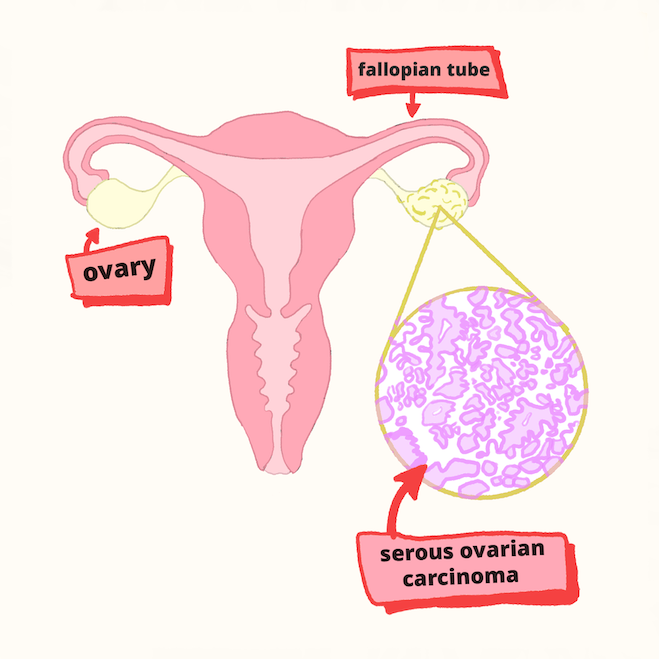Latest research animations
Self-assembly of spider silk
This gut microbe might protect against diabetes and reduce insulin resistance
NEW: One-way hydrogel guides motion of tiny worms!
Latest Posts
Choral music meets machine learning: the Sparrows’ challenge
Gravesite reflections: One family’s influence on science in in Japan
Engineering crop immunity from a receptor in pomelo fruit
Smoker gut bacteria reduce bowel inflammation in ulcerative colitis
Eco-friendly method yields more hydrogen storage, more ammonia
Meeting robots with hearts and minds of their own at the Osaka Expo
Millions of years of galaxy evolution simulated in mere months with the help of AI
Winter Hackathon and SupercomputingAsia
How group size affects cooperation: Insights from brain science
Strong emotions plus non-REM sleep equals longer-lasting perceptual memories
Gut bacteria in babies predict childhood food allergies
Bye-bye microplastics: new plastic is fully ocean-degradable
Scientists develop new and improved quantum gates
Nanopores in deep-sea hydrothermal vents and the origin of life
Albumin drops medicine off at cancer site then leaves the body
Protein antigens in meat, milk, and other foods suppress gut tumors
Stem cell exhaustion and proliferation: An aging fly’s tale
Chromosome copying errors pinpointed in developing embryos
Predictive grid cells help self navigation in the brain
Dopamine reduces beta-amyloid plaques in Alzheimer’s disease
RIKEN discovers new T cells related to immune disorders
Will the “love hormone” ever be used to treat a rare genetic disease?
Purple biomass makes a good crop fertilizer
Atlas of the aging lipidome highlights kidneys and gut bacteria
Root growth improved in soil contaminated with cesium
Japanese people are a mixture of three separate ancestral groups
Space Café Tokyo explains sus sci-fi media
Recipe for hydrogen: sprinkle manganese oxide with iridium atoms, add water
Stable green hydrogen production in a PEM electrolyzer
Brainless memory makes the spinal cord smarter than previously thought
Eco-friendly ammonia production for fertilizers and alternative fuel
Cubes of brain tissue allow drug discovery without animals
Gut bacteria could help overcome milk allergy
Detecting pathogens: the evolution of plant immunity
Genomic “butterfly effect” involving TADs explains risk for autism
Heat used to transform antiskyrmions to skyrmions and back
Real webshooters? Synthetic spider silk spun from artificial gland
Omics Omics Omics: Analysis predicts ovarian cancer-treating drug
First hydride-ion battery that works at room temperature
Choral music meets machine learning: the Sparrows’ challenge
Gravesite reflections: One family’s influence on science in in Japan
Engineering crop immunity from a receptor in pomelo fruit
Smoker gut bacteria reduce bowel inflammation in ulcerative colitis
Eco-friendly method yields more hydrogen storage, more ammonia
Meeting robots with hearts and minds of their own at the Osaka Expo
Millions of years of galaxy evolution simulated in mere months with the help of AI
Winter Hackathon and SupercomputingAsia
How group size affects cooperation: Insights from brain science
Jan
29

Choral music meets machine learning: the Sparrows’ challenge
Students from the Regensburg Domspatzen choir in Germany developed an AI that composes choral music.
Dec
5

Gravesite reflections: One family’s influence on science in in Japan
Tomoko shares her thoughts about Masatoshi Okochi, Nobutsuna Matsudaira, RIKEN, and science in Japan.
Sep
12

Engineering crop immunity from a receptor in pomelo fruit
Synthetic receptors derived from the pomelo fruit can help crops become immune to thousands of pathogens.
Aug
29

Smoker gut bacteria reduce bowel inflammation in ulcerative colitis
Mouth bacteria that settle in the guts of smokers activate helper T-cells that counter inflammation in ulcerative colitis.
Aug
28

Eco-friendly method yields more hydrogen storage, more ammonia
Eco-friendly way to double the amount of hydrogen stored in perovskite powder and more ammonia production.
Jul
31


































